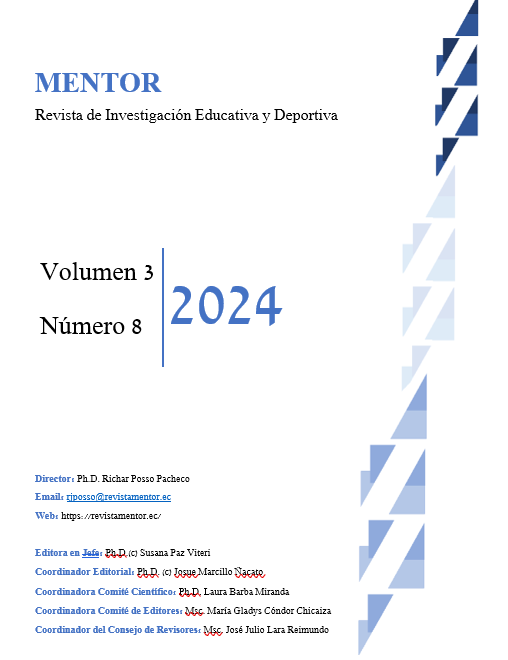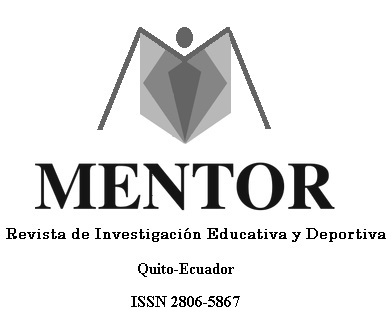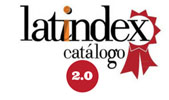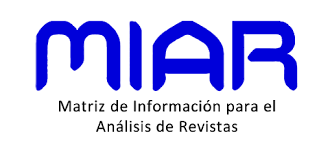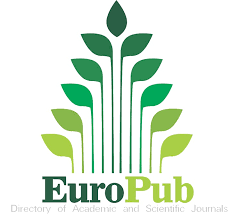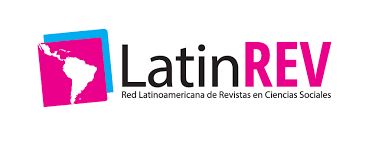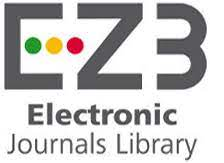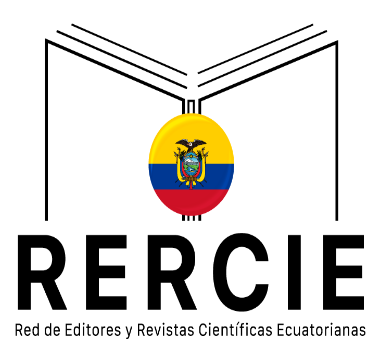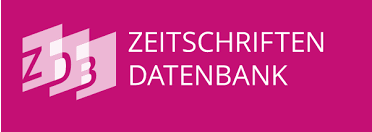Exploring the positive impact of role-playing in early childhood
DOI:
https://doi.org/10.56200/mried.v3i8.7855Keywords:
Role- playing, Language skills, creativity, Basic educationAbstract
Education is a process that favors the intellectual and emotional development of all people within a society, highlighting that over the years there are several modifications in the educational curriculum as well as in the methodological strategies and resources that the teacher must use in the classroom. The research group was based on classroom observations made throughout the pre-professional practices, identifying important problems that are generated in the classroom and that have considerably affected the teaching and learning process, especially focusing on the area of Language and Literature. Therefore, the objective of this research is to optimize creativity through role-playing in second childhood children, the same that presented a mixed approach (qualitative-quantitative), the type was applied, presenting an explanatory level and the statistical model was chosen by the Chi square, whose purpose was to obtain results to subsequently establish the relationship that occurred between the two variables, therefore it was evidenced that proposing role-playing in second childhood to promote creativity and language skills is optimal in the classroom.
Downloads
References
Gonzales, N., Fernández, L., Mosqueira, M., Ferro, P., & Fontánez, M. (2022). Desarrollo de la Creatividad en los Niños de Educación Primaria en América Latina en Tiempos de Pandemia Covid-19. Polo del Conocimeinto, 7(4), 1502-1517. https://dialnet.unirioja.es/servlet/articulo?codigo=8482963
González, C., Solovieva, Y. y Quintanar, L. (2022). Evaluación de la imaginación creadora en la edad escolar. Ciencia ergo sum, 29(1), 1-17. https://www.scielo.org.mx/scielo.php?pid=S2395-87822022000100150&script=sci_arttext
INEVAL, I. N. (2018). Educación en Ecuador Resultados de PISA para el Desarrollo. https://evaluaciones.evaluacion.gob.ec/archivosPD/uploads/dlm_uploads/2020/08/CIE_InformeGeneralPISA18_20181123.pdf
Martínez, M. (2021). Análisis factorial confirmatorio: un modelo de gestión del conocimiento en la universidad pública. Revista Iberoamericana para la Investiagción y el Desarrollo Educativo, 12(23). 1-12. https://www.scielo.org.mx/pdf/ride/v12n23/2007-7467-ride-12-23-e059.pdf
Montilla, R. (2020). Didáctica de la escritura creativa. Ingeniería Investigación y Desarrollo, 20(2), 76-92. https://revistas.uptc.edu.co/index.php/ingenieria_sogamoso/article/view/13390
Márquez, Y. (2020). El Juego de Roles como estrategia didáctica para Fortalecer el Valor del Respeto y el Clima de. Corporación Universitaria del Caribe-CECAR, 1-62. https://educrea.cl/wp-content/uploads/2021/03/Juego-de-roles.pdf
Mendivelso, F. ., & Rodríguez, M. (2018). Prueba CHI-cuadrado de independencia aplicada a tablas 2xN. Revista Médica Sanitas, 21(2), 92-95. https://revistas.unisanitas.edu.co/index.php/rms/article/view/342
Ortega, A. (2018). Enfoques de investigación. Métodos para el diseño urbano–Arquitectónico, https://www.researchgate.net/profile/Alfredo-Otero-Ortega/publication/326905435_ENFOQUES_DE_INVESTIGACION/links/5b6b7f9992851ca650526dfd/ENFOQUES-DE-INVESTIGACION.pdf
Polo, C., Rodríguez, M., Carrillo, M., Gutiérrez, O., Pertuz-, C., Guette, R., . . . Osorio, A. (2019). Juego de roles: estrategia pedagógica para el fortalecimiento de la convivencia. Cultura Educación y Sociedad, 9(3), 869-876. https://educrea.cl/wp-content/uploads/2021/03/Juego-de-roles.pdf
Posso Pacheco, R. J. (2022). Transformación social del bienestar humano: una reflexión de la práctica deportiva. MENTOR Revista De investigación Educativa Y Deportiva , 1(3), 238–246. https://doi.org/10.56200/mried.v1i3.4755
Posso Pacheco, R. J., Chimba Santillán, S. Y., Mendoza Jara, M. A., Cumbajin Pulupa, A. P., & Solano Salazar, E. L. (2023). El papel del currículo en la convivencia escolar: una revisión sistemática de enfoques y hallazgos. GADE: Revista Científica, 3(5), 15-26. Recuperado a partir de https://revista.redgade.com/index.php/Gade/article/view/271
UNICEF. (2022). El impacto de la pandemia covid-19 en la educación. https://www.unicef.org/argentina/media/13346/file/Quinta%20Ronda%20-%20Impacto%20de%20la%20pandemia%20en%20la%20educaci%C3%B3n%20de%20ni%C3%B1as,%20ni%C3%B1os%20y%20adolescentes%20.pdf
Zambrano, P., Bermeo, C., & Moreira , M. (2020). Metodología de la investigación. In Biblioteca Colloquium. https://colloquiumbiblioteca.com/index.php/web/article/view/26/26
Zambrano, B. (2022). El desarrollo del pensamiento creativo en los estudiantes:Una estrategia para. Revista Científica FIPCAEC (Fomento de la investigación y publicación científico-técnica multidisciplinaria)., 7(4), 92-106. https://fipcaec.com/index.php/fipcaec/article/view/762
Published
How to Cite
Issue
Section
License
Copyright (c) 2024 MENTOR revista de investigación educativa deportiva

This work is licensed under a Creative Commons Attribution-NonCommercial-NoDerivatives 4.0 International License.

